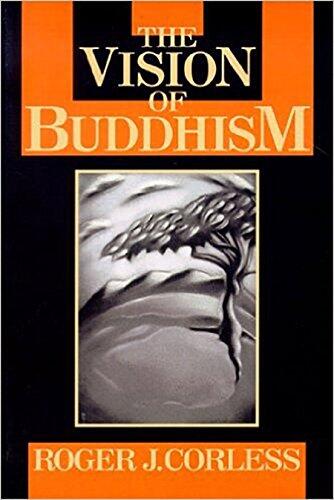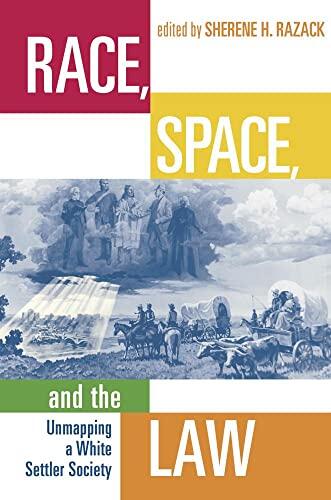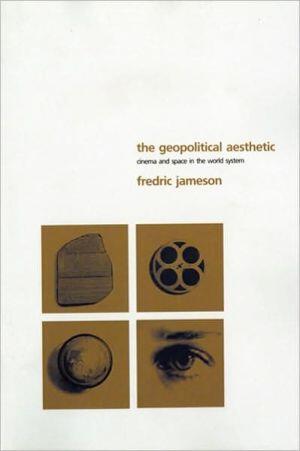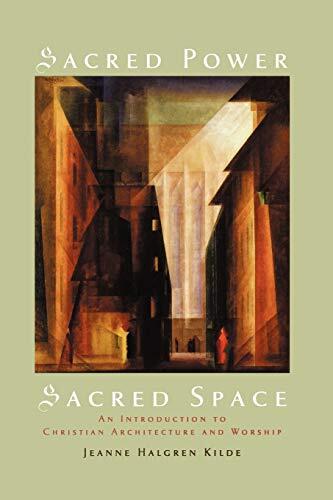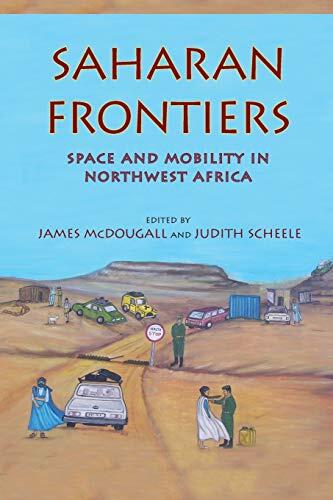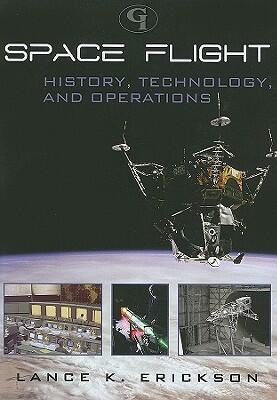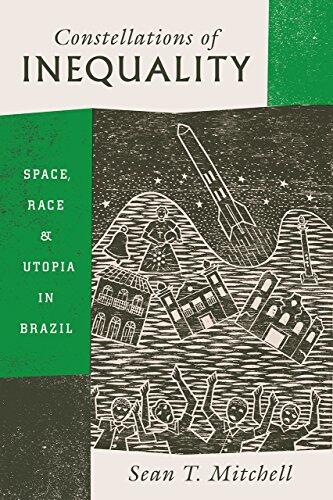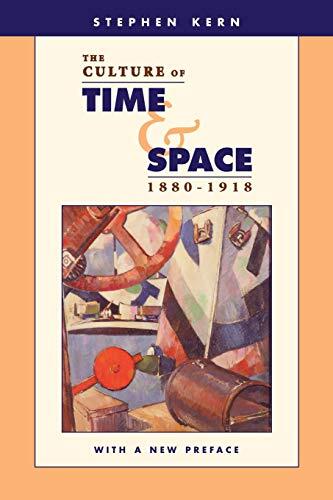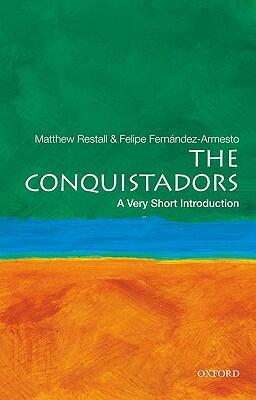
The Conquistadors: A Very Short Introduction
لا توجد تقييمات بعد
History
تنسيق
غلاف ورقي
صفحات
125
لغة
الإنجليزية
منشور
Jan 1, 2012
الناشر
Oxford University Press
الطبعة
1
رقم ISBN-10
0195392299
رقم ISBN-13
9780195392296
الوصف
Matthew Restall and Felipe Fernández-Armesto delve into the rapid and transformative conquest led by Spanish explorers in the New World. Their narrative captures the extraordinary pace at which these conquistadors dismantled powerful native empires, forever altering the landscape of the Americas. Through vivid details and compelling analysis, they illuminate the motivations driving these audacious adventurers and the profound consequences of their encounters with indigenous societies.
The authors provide a nuanced examination of the complexities involved in these conquests, challenging simplistic narratives that glorify or vilify the conquering figures. They explore the intricate web of alliances, betrayals, and cultural exchanges that characterized this tumultuous period, shedding light on both the invaders and the societies they encountered. Perspectives from indigenous peoples add depth to the story, offering a more comprehensive understanding of this pivotal historical era.
As they navigate the intertwined fates of conquerors and the conquered, Restall and Fernández-Armesto encourage readers to reflect on the lasting implications of these encounters. The work highlights themes of power, ambition, and cultural clash, evoking questions about legacy and identity that resonate to this day. By contextualizing the conquests within broader historical frameworks, the authors make the case for a deeper appreciation of this transformative chapter in human history.
Overall, the authors present a thought-provoking analysis that invites readers to reconsider the traditional narratives surrounding the age of conquest, urging a critical look at the individuals and cultures involved in this significant and often misunderstood period.
The authors provide a nuanced examination of the complexities involved in these conquests, challenging simplistic narratives that glorify or vilify the conquering figures. They explore the intricate web of alliances, betrayals, and cultural exchanges that characterized this tumultuous period, shedding light on both the invaders and the societies they encountered. Perspectives from indigenous peoples add depth to the story, offering a more comprehensive understanding of this pivotal historical era.
As they navigate the intertwined fates of conquerors and the conquered, Restall and Fernández-Armesto encourage readers to reflect on the lasting implications of these encounters. The work highlights themes of power, ambition, and cultural clash, evoking questions about legacy and identity that resonate to this day. By contextualizing the conquests within broader historical frameworks, the authors make the case for a deeper appreciation of this transformative chapter in human history.
Overall, the authors present a thought-provoking analysis that invites readers to reconsider the traditional narratives surrounding the age of conquest, urging a critical look at the individuals and cultures involved in this significant and often misunderstood period.


